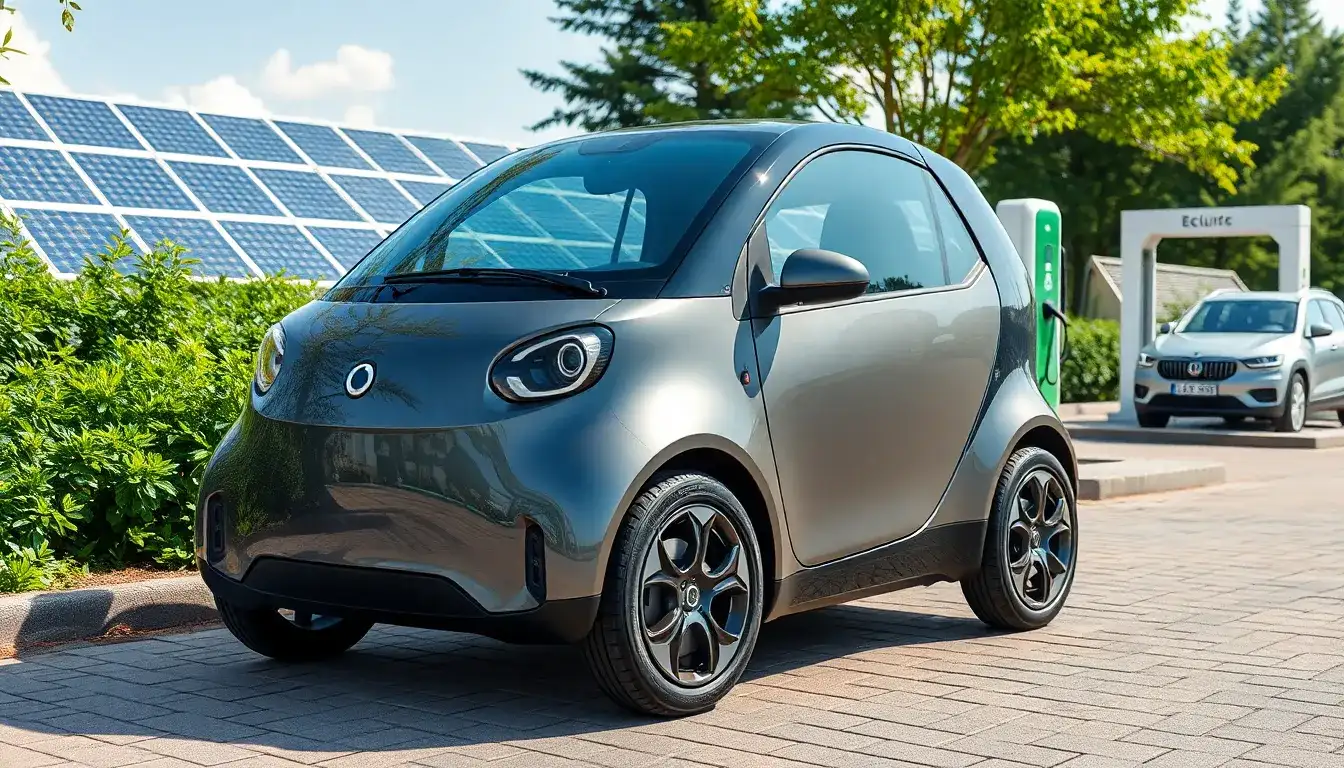
The latest generation of electric vehicles (EVs) is proving to be significantly more energy-efficient compared to traditional internal combustion engine models. On March 28, 2025, at the China Electric Vehicle 100 Forum held in Beijing, industry experts highlighted that the energy efficiency of new energy vehicles (NEVs) continues to improve, particularly in pure electric models.
According to data presented by Zhang Feng, a representative from the China Electric Vehicle 100 Forum, the energy efficiency of battery electric vehicles (BEVs) has seen a remarkable increase, while traditional fuel vehicles are limited to lower efficiency levels. This observation aligns with trends noted since 2019, where various types of electric vehicles have undergone rigorous evaluations leading to standardized metrics for energy efficiency.
In recent years, advancements have been made in assessing how different vehicle models consume energy. For instance, BEVs have evolved from previously lower efficiency ratings to now achieving impressive metrics. In contrast, hybrid electric vehicles (HEVs) have transitioned from moderate efficiency levels to higher ones, while plug-in hybrid electric vehicles (PHEVs) have also improved significantly.
Electric vehicles, specifically compact BEVs, are currently the most efficient in terms of energy consumption. Following closely behind are medium-sized electric vehicles, whereas larger models still struggle to match the efficiency of their smaller counterparts. This trend indicates that manufacturers are focusing on optimizing energy use in smaller, more agile vehicles.
This is not the first time Zhang Feng has addressed the forum regarding the advancements in electric vehicles. During a previous event, he provided a high assessment of the energy efficiency of NEVs, emphasizing their importance in the transition towards sustainable transportation.
Moreover, Zhang suggested that manufacturers focus on enhancing the efficiency of pure electric models to meet growing consumer demand while avoiding overproduction of inefficient vehicles. He also pointed out the tendency for manufacturers to prioritize performance over energy efficiency, which can lead to suboptimal vehicle designs in terms of sustainability.
In conclusion, the automotive industry is rapidly evolving, with energy-efficient electric vehicles paving the way for a greener future. These advancements highlight the need for continuous innovation and a commitment to sustainability in vehicle production.







